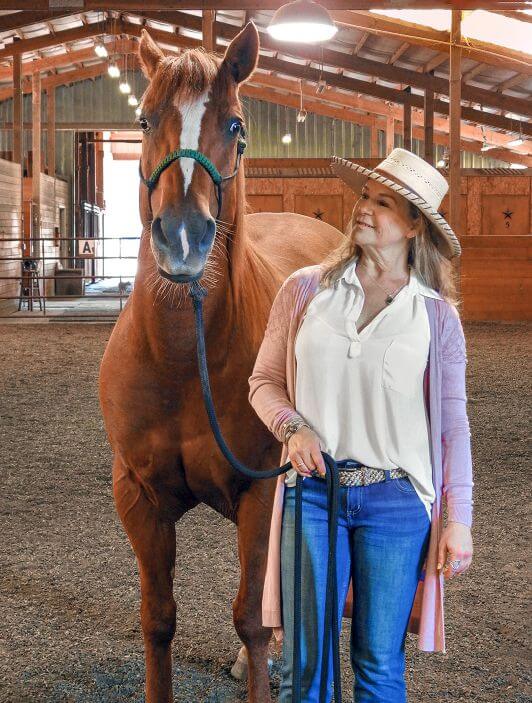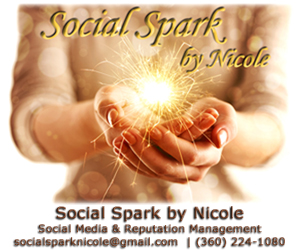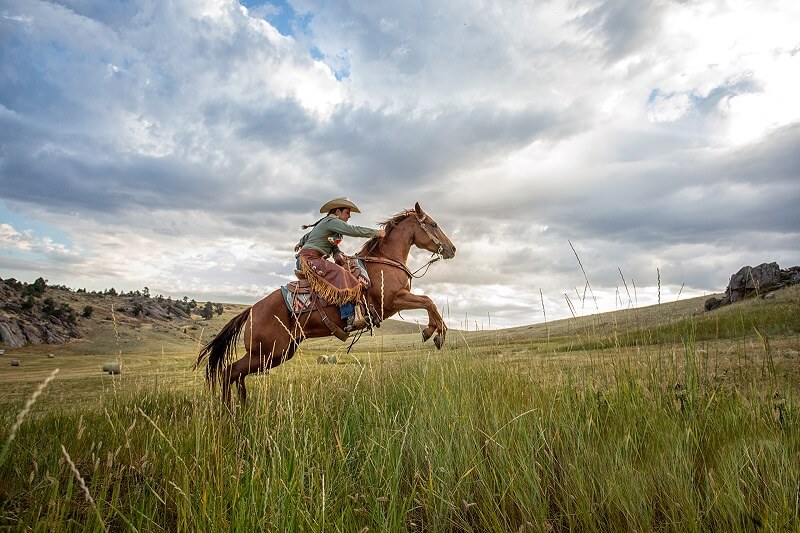Do for Yourself What You Do for Your Horses
As a horse owner, I know the importance of ensuring my horse gets the food he needs and the value of proper equine nutrition. I consider myself lucky that my horse isn’t an easy keeper, so I don’t have to worry too much about his weight, how much grass he gets, or issues with equine metabolic syndrome (EMS).
I find it interesting how people will sometimes pay strict attention to their horse’s dietary needs yet neglect their own. If we are helping our horses stay healthy, why not also keep ourselves healthy through proper nutrition?
After teaching fitness, health, and wellness for the past 32 years, here’s what I know about people in general when it comes to their nutrition.
People who don’t eat healthily are…
- In a hurry and have little time for making healthy meals. Or so they think. The truth is we all have the same 1440 minutes in a day. It’s a matter of what we do with those minutes that counts. Prepping food ahead of time can go a long way in helping you to eat a nutritious meal. So, you’re at a horse show. I get it; it’s easier to get in line for the burger and fries than to pack a meal and take it with you. If your horse has EMS, I’m guessing you limit the amount of grass your horse is getting, especially in the spring. Maybe you have diabetes, so wouldn’t it be healthier to eat a salad than the bun and French fries?
- Taught poor dietary habits (and don’t know how to change). When you were a child, you had little choice in the matter as to what your parents fed you. However, as an adult, you can make different choices and educate yourself on what healthy eating is.
- Misinformed about what to eat (and not eat). There have been many changes in dietary recommendations over the years. Cut the fat and eat more carbs. Cut the carbs and eat more protein and fat. Do you remember when packages would say “fat-free”? Unfortunately, most of those items were loaded with sugar. I hate to tell you this, but sugar, when eaten in excess, is converted to fat, and deposited on the body as adipose tissue—the kind of tissue that shows as body fat. The best course of action is to eat plenty of vegetables (80% of your plate) and the rest as protein and healthy fats. Yes, you’ll still want some fruit. Yes, it’s a carb but it’s natural sugar. If you’re looking to reduce or eliminate sugar, cut fruit out of your diet until you can get the cravings under control.
- Unmotivated to do anything different. What’s behind the lack of motivation? Is it time, energy, attitude, misinformation, etc.? Once you’ve figured that out, and if you want to make changes, pick one area where you can make a change. Maybe it starts with eating fewer fast foods. Master that and then work on another area.
- Think they eat healthy when they don’t. This one is tied to misinformation and mindless eating. Take the time to keep a food journal and examine what you eat. Educate yourself and then adjust as needed.
- Not ready to commit or take responsibility for their health. What will get you committed? An upcoming wedding? A negative health report? A heart attack? You’re the only one who can change your eating habits. There’s no better time than now.
- Believe that eating healthy costs too much. This is a misconception. Our health is the best thing we can do for ourselves. Food costs a lot, especially now. However, you’ll save money when you buy smaller quantities of food and don’t let it go to waste. Bags of processed foods cost a lot more than vegetables and fruits.
Unwillingness to eat vegetables and fruit is often learned through early, poor nutritional habits. Start with the basic vegetables—eating the ones you can tolerate or even like a little bit. Make them a regular part of your diet; you’ll eventually find you like them more. When I was a kid, I didn’t like a lot of vegetables. I was a picky eater. My tastes changed as I got older. Today you couldn’t stop me from eating broccoli.
When I work with clients looking to create a healthier lifestyle and dial in their nutrition, they are shocked at how good they feel once they eliminate sugar and processed foods and eat more vegetables, lean proteins, and beneficial fats.
I’ll leave you with this: your horse is important to you; how important are you to them?
See this article in the September/October 2022 online edition:
Sep/Oct 2022

After decades of teaching, training, managing, and coaching all fitness levels, Vonie transitioned her career in 2016 and eagerly stepped out into the world as a Certified Equine Gestalt Coach. She later certified with New Vibe Training to become a Life Coach. Vonie’s coaching includes partnering with horses to coach humans, corporate retreats with horses, women’s horse retreats, workshops, and her signature program ‘One Size Fits None’.
If you are facing chaos, no matter what that form takes, reach out to Vonie to schedule an equine session or a phone call to help you on the path to happiness and healing.






